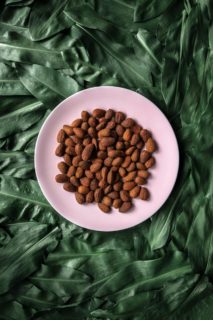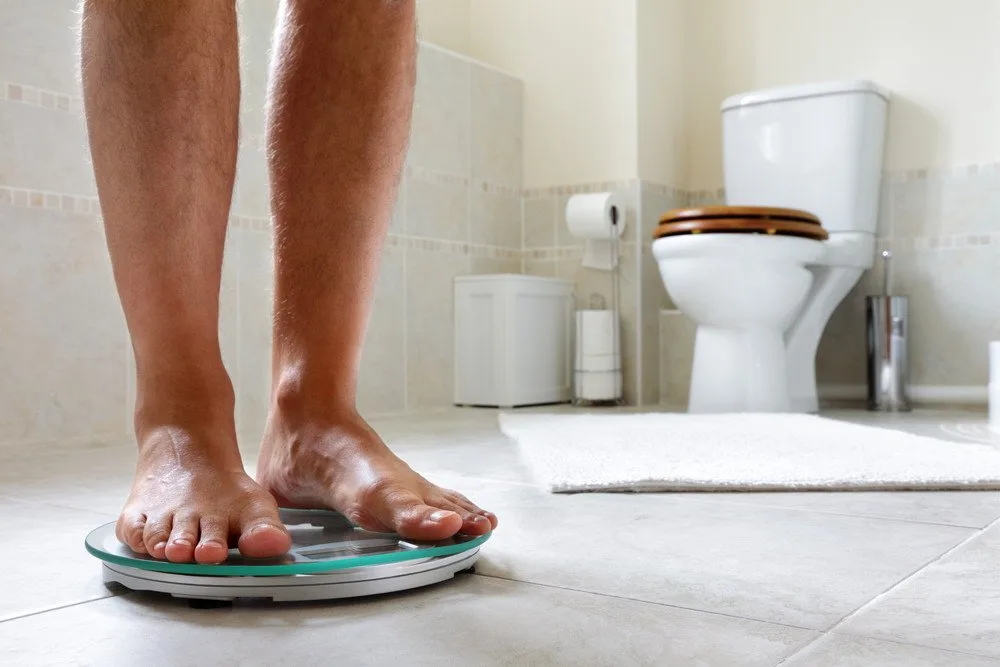We’re in the middle of a pandemic and granted, our health habits may not be what they should be. With gyms closed, we’re spending less time breaking a sweat and the stress of the past few months has us eating more salty and sugary treats. Unfortunately, these lockdown health habits have made it much easier to gain weight, leaving us battling with the quarantine 15.
You may be worried about the impact your new weight gain will have on your health. Luckily, there are a few ways you can manage and even lose weight whilst in lockdown. Even if exercise can’t keep the weight off, Saxenda Online might be able to.
Why Is It So Easy To Gain Weight Right Now?
It appears that the coronavirus pandemic has created the perfect environment for weight gain.
For one, due to lockdown restrictions, many gyms and parks are still closed, leaving people to fall behind on their active lifestyles. The lack of movement and social life has many of us choosing to sit in front of a screen in order to pass the time.
Secondly, the pandemic has greatly increased stress levels, and this has affected our eating habits. One study found that calorie-rich junk foods help to release the brain chemical dopamine, which helps to make us feel happy. From being unable to see our friends and family to being plagued by financial worries, it’s no surprise that many of us are finding comfort in cookies and fried foods. Unfortunately, this action may boost our happiness, but it’s also boosting the number on the scale.

Photo by Vova Krasilnikov from Pexels
Is obesity a risk factor for COVID-19 complications?
According to a report from Public Health England, obese individuals, as well as those who are overweight, face a higher risk of death or severe illness from COVID-19. In fact, a study published in Nature found that people living with severe obesity were about twice as likely to die from COVID-19 as people who were not obese. You can also read our latest article on the link between obesity and COVID-19 here.
Reducing your risk for COVID-19 complications isn’t the only reason that you should be managing your weight. Maintaining a healthy weight can also help to reduce the risk of chronic conditions like heart disease and type II diabetes. So, with that said, here are a few ways you can effectively lose that quarantine 15.
10 tips for losing quarantine 15
1. Walk
It can be hard to reach your step count under quarantine, but walking as much as you can is a great way to burn calories. What’s more, walking around the house can help to build stronger bones and even lower your Alzheimer’s risk.
If you really want to get your steps in, do household chores, hide the remote, so you’ll have to use the buttons on the TV, and find any and every excuse to get up off the couch.
2. Hydrate
Hydration is key, and drinking enough water can help to boost your metabolism, which is great for weight loss.
The best part, if you’re not a fan of drinking water, is that you can increase your intake of water-rich foods. These foods are also rich in vitamins that can help to keep your body healthy. These foods include tomatoes, cucumbers, and, of course, watermelons.
3. Watch your liquor
Yes, we all enjoy a glass of red wine now and then, but it’s important not to overdo it. You’d be surprised at how quickly you go through a bottle when you have too much free time on your hand.

Also, in addition to containing a lot of calories and sugar, high alcohol intake can also lead to dependency, and this risk is already higher as a result of the pandemic. Therefore, it’s important to be smart when it comes to your drinking.
4. Eat high fiber foods
Fiber-rich foods help to encourage weight loss, and they help to keep you fuller for longer, reducing the risk of overeating.
Nutritious fiber-rich foods include nuts, legumes, avocados, and green leafy vegetables.
5. Exercise
Yes, gyms have been closed for months, but that doesn’t mean that you can’t get a good workout in. Additionally, exercising won’t only encourage weight loss, but it’ll also help to reduce high-stress levels.
There are plenty of ways you can stay active, such as by having 30-minute dance parties in the kitchen. You can also workout online as plenty of trainers and gyms are offering online classes to ensure that everybody stays fit while at home.
6. Get a good night’s sleep
Under normal circumstances, getting enough quality sleep can be hard. In a pandemic, it seems almost impossible.
Heightened stress levels can affect your sleep patterns, and this not only increases your risk of weight gain, but poor sleep can also cause you to become depressed and even put you at risk for heart disease.
If you’re battling with getting enough quality sleep, there are a few ways you can sort out your sleep schedule.
7. Enjoy healthier snacks

Photo by NordWood Themes on Unsplash
In addition to alcohol, a lot of us may be using food as a coping mechanism, and this may be contributing to our weight gain.
However, it’s important to not just cut out snacks from your diet. Instead, swap out the chips and cookies in your pantry for healthier snacks that will still provide a dose of dopamine.
These foods include nuts, seeds, cheese slices, and even fruits and vegetable sticks.
8. Monitor your news
Yes, it’s important to be aware of what’s going on in the world. However, there is such a thing as too much news. When this happens, your stress and anxiety levels rise, and you’re more likely to reach for sweet snacks that may cause you to pack on the pounds.
Thankfully, there are a few ways you can manage your news intake. You can choose an hour out of the day to catch up on the news, and you can also switch off any news alerts on your phone.
9. Spend more time in the kitchen
Cooking your own meals means that you’ll have a better idea of what’s going into your body, and as a result, you’re more likely to choose healthy and nourishing ingredients that can encourage weight loss.
10. Manage your stress
We’re each going through a lot right now, so it’s no wonder that stress levels are at an all-time high. In fact, Harvard Medical School released a study that found that 55% of Americans were more stressed than in January before the virus was perceived to be a widespread threat.
One of the best ways to alleviate stress is by maintaining your social connections. Yes, you’re still advised against visiting friends and family, but you can still maintain contact through various apps.
You can also reduce stress levels by creating your own at-home spa day, meditating, or even listening to your favorite song.
Want to know more?
When was the last time you did nothing? The Dutch practice of Niksen encourages you to do nothing and this can have some amazing benefits for your health.
References
Johnson, P., Kenny, P. Correction: Corrigendum: Dopamine D2 receptors in addiction-like reward dysfunction and compulsive eating in obese rats. Nat Neurosci 13, 1033 (2010). https://doi.org/10.1038/nn0810-1033c
Williamson, E.J., Walker, A.J., Bhaskaran, K. et al. Factors associated with COVID-19-related death using OpenSAFELY. Nature (2020). https://doi.org/10.1038/s41586-020-2521-4





![women [longevity live]](https://longevitylive.com/wp-content/uploads/2020/01/photo-of-women-walking-down-the-street-1116984-100x100.jpg)











One Comment